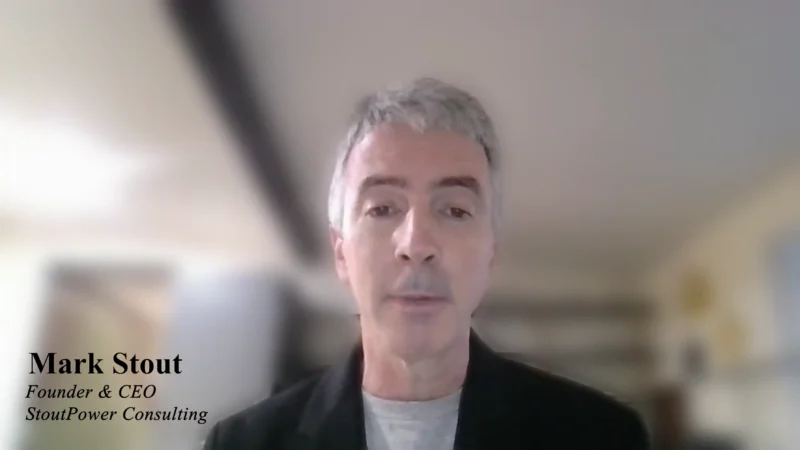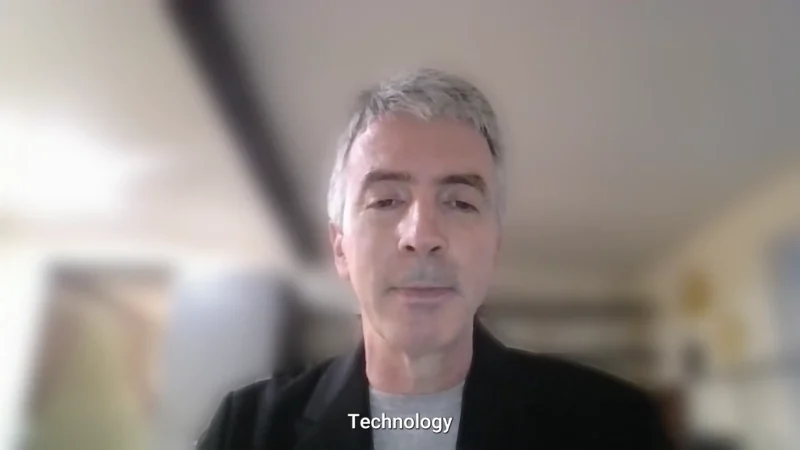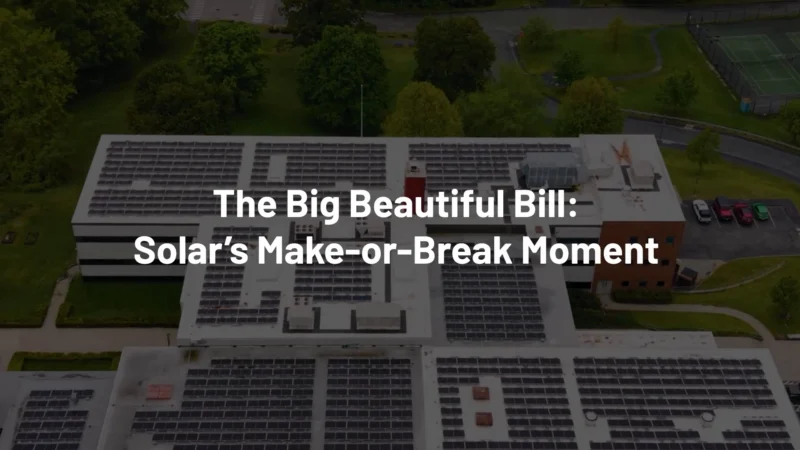Modular Microgrids Replace Full Grid Overhauls in Fossil Plant Transitions
Detroit is no longer just the Motor City. It’s becoming a hub for clean energy innovation. As climate change forces global shifts in infrastructure, the spotlight is turning to advanced, decentralized solutions like microgrids. The U.S. Department of Energy reports that microgrids could help improve resilience and reduce emissions, especially in aging urban power systems. With energy costs climbing and grid reliability becoming more critical, cities like Detroit are now racing to modernize their energy backbone.
Can aging coal-fired power plants transition to cleaner alternatives without disrupting our energy supply? And can Detroit, a city long synonymous with industrial decline, lead the way in the energy revolution?
This episode of DisruptED, hosted by Ron Stefanski, features entrepreneur and engineer Ademola Fagade, founder and CEO of Geo Prime Energy. Together, they explore how microgrids, hydrogen fuel, and modular energy systems are reshaping the future of sustainable power and why Detroit is central to that transformation.
Key Highlights from the Conversation:
-
Microgrids as a Bridge to the Future: Fagade outlines how modular microgrids can help large energy producers make gradual, safe transitions from fossil fuels to renewable energy without total infrastructure overhauls.
-
Hydrogen’s Disruptive Potential: With hydrogen fuel costs projected to fall from over $4.50, to as low as 13 cents per gallon thanks to new technologies, Fagade sees a realistic, scalable path toward green energy.
-
Detroit as a Launchpad: Fagade shares how personal history, mentorship, and opportunity rooted him in Detroit—a city he now sees as essential to his mission of global energy transformation.
Ademola Fagade is the founder and CEO of GeoPrime Energy, a Detroit-based company pioneering modular microgrid technology and hydrogen integration. Fagade gained firsthand experience in power plant operations and decommissioning as a former DTE Energy engineer. His technical expertise and passion for innovation have earned him contracts with major utilities and partnerships with organizations like TechTown and NPower.




